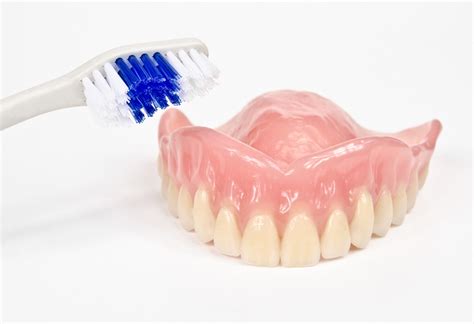Keep Your Dentures Fresh and Clean: Tartar Removal 101
Maintaining a sparkling smile with dentures requires more than just a quick rinse. Tartar buildup is a common issue that can lead to discomfort, bad breath, and even gum irritation. This comprehensive guide will walk you through everything you need to know about tartar removal on dentures, ensuring your dentures stay fresh and clean, contributing to a healthy and confident smile.
What is Tartar, and Why is it a Problem for Denture Wearers?
Tartar, also known as dental calculus, is a hardened form of plaque. Plaque itself is a sticky film of bacteria that constantly forms on teeth and dentures. When plaque isn't removed through regular brushing and cleaning, it mineralizes over time due to exposure to saliva, hardening into tartar. This hardened substance is much more difficult to remove than plaque and creates a rough surface that harbors even more bacteria. For denture wearers, tartar buildup can lead to:
- Bad breath (halitosis): The bacteria trapped in tartar produce volatile sulfur compounds, causing unpleasant odors.
- Gum irritation and inflammation: Tartar can irritate the gums and underlying tissues, potentially leading to denture stomatitis, a common inflammatory condition.
- Difficulty in maintaining a proper fit: Tartar buildup can alter the fit of your dentures, making them uncomfortable or even loose.
- Increased risk of infection: The buildup provides a breeding ground for harmful bacteria, increasing the risk of oral infections.
How to Prevent Tartar Buildup on Dentures
Prevention is key when it comes to tartar. Here's a proactive approach:
- Clean your dentures thoroughly every day: Use a denture cleanser and brush gently but firmly, paying attention to all surfaces. Avoid harsh scrubbing, which can damage the dentures.
- Soak your dentures overnight: Soaking your dentures in a denture cleaning solution helps to loosen food particles and bacteria, making them easier to remove during brushing.
- Rinse your mouth thoroughly after meals: This helps to remove food particles that contribute to plaque formation.
- Regularly visit your dentist: Professional cleanings are essential for removing stubborn tartar and ensuring a proper fit. Your dentist can also check for any signs of gum irritation or infection.
How to Remove Tartar from Dentures: A Step-by-Step Guide
While regular cleaning prevents significant tartar buildup, sometimes stubborn tartar requires more attention. Here's a safe and effective approach:
- Soak your dentures: Start by soaking your dentures in a denture cleaning solution for the recommended time (usually about 30 minutes). This will help to loosen any accumulated debris.
- Gentle brushing: Use a soft-bristled denture brush and a denture cleaning paste or solution to carefully brush all surfaces of your dentures. Pay close attention to areas where tartar is most likely to accumulate.
- Tartar removal tools: While not always necessary, some denture cleaning kits include small tools specifically designed to remove stubborn tartar. These tools should be used very gently to avoid scratching or damaging your dentures.
- Rinse thoroughly: After brushing and cleaning, rinse your dentures thoroughly under running water to remove any remaining cleaning solution.
What if I Can't Remove the Tartar Myself?
If you're struggling to remove tartar from your dentures, don't hesitate to contact your dentist. They have specialized tools and techniques to remove stubborn tartar without damaging your dentures.
How Often Should I Clean My Dentures?
You should clean your dentures at least once a day, preferably after every meal. This helps to prevent plaque and tartar buildup, keeping your dentures clean and your mouth healthy.
What are the Best Denture Cleaning Products?
A variety of denture cleaning products are available, ranging from tablets to pastes and solutions. Your dentist can recommend products that are best suited to your needs and the type of dentures you have. Always follow the manufacturer's instructions for use.
Can I Use Regular Toothpaste on My Dentures?
It's generally recommended to avoid using regular toothpaste on dentures as the abrasives can scratch the surface. Denture-specific cleaning products are formulated to be gentle yet effective.
Conclusion
Maintaining clean dentures is crucial for oral health and overall well-being. By following these tips and practicing good oral hygiene, you can prevent tartar buildup, keep your dentures fresh and clean, and enjoy a confident, healthy smile for years to come. Remember, regular professional check-ups with your dentist are essential for optimal oral health.

